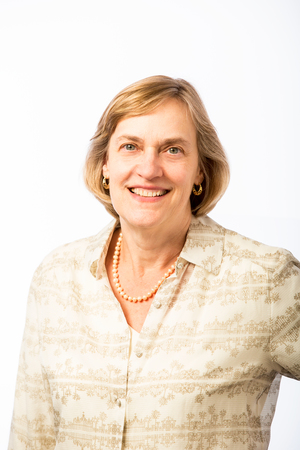
Topics
Over the course of 2016, CFI collaborated with project leads from the Center for Financial Services Innovation (CFSI) and Dalberg’s Design Impact Group (DIG) to evaluate hypotheses, conduct field research, convene thought-leaders, and test assumptions, all for the purpose of determining the validity of financial health as a core concept internationally. The teams worked to understand the necessary adaptations such a model would require across borders, as well as the opportunities and use cases for such a framework.
This report presents results of these efforts, finding that the core financial health framework resonates with consumers, practitioners, providers, and funders both in the U.S. and in the developing world.
This report is authored by Tanya Ladha, Kaitlin Asrow, and Sarah Rotman Parker of the Center for Financial Services Innovation (CFSI), and Elisabeth Rhyne and Sonja Kelly of CFI.
Executive Summary
Within a developing world context, there are factors exogenous to one’s own behaviors that have critical impact on one’s financial life.
While the core financial health framework translates across borders, there are important distinctions and constraints that influenced the creation of the indicators. And while exogenous factors are important in the U.S., we found them to be uniquely important in the developing world. The global financial health framework consists of six primary indicators, used to measure consumer financial health, as well as four contextual factors that are important to consider in the developing world:
Financial Health Indicators for the Developing World
A consumer in the developing world is financially healthy when he or she:
- Balances income and expenses
- Builds and maintains reserves
- Manages existing debts and has access to potential resources
- Plans and prioritizes
- Manages and recovers from financial shocks
- Uses an effective range of financial tools
Four Key Factors in Understanding Financial Health in the Developing World
A consumer’s financial health is significantly influenced by his or her:
- Absolute income level
- Income and expense volatility
- Social network
- Financial role
Financial health as a concept has garnered traction within the U.S., and is gaining momentum globally. Such a framework can push the financial inclusion conversation forward, helping shape policy, direct donor and government resources, and contribute to the high-quality design of financial services. More work must be done to create instruments for accurate measurement. There is a role for researchers, financial services providers, and policymakers in supporting the creation of more nuanced infrastructure from which to build out a more tactical and actionable framework. However, preliminary research suggests a powerful and profound parallel between the financial lives of consumers in the U.S. and abroad.
This work was conducted in partnership with the Center for Financial Services Innovation (CFSI), the Bill and Melinda Gates Foundation, and Dalberg. The Center for Financial Services Innovation (CFSI) is the authority on consumer financial health in the United States. CFSI leads a network of financial services innovators committed to building a more robust financial services marketplace with higher quality products and services. This report was created through the generous support of the Bill & Melinda Gates Foundation. All in-country community-based research, both qualitative and quanitative, was led by Dalberg and their findings informed the refinement of the financial health framework and development of the indicators for this report.











